At What Size Is a Boat Considered a Yacht? (Does Size Matter)
As a yacht enthusiast, it can be exciting to explore the numerous options available to you. Size does matter, but it is equally essential to consider the yacht's ability to entertain and its overall design. Ultimately, the perfect yacht for you is one that meets your personal preferences, budget, and unique needs, ensuring a memorable and enjoyable experience on the water.
In essence, a boat is typically considered a yacht when it reaches over 40 feet in length. However, size alone does not guarantee that a boat will be classified as a yacht. There are other factors at play, such as purpose, design, and the manufacturer's intention.
There is no specific cutoff size that distinguishes boats from yachts. Typically, a yacht is a private pleasure ship at least 40 feet long, while others consider boats over 80 feet to be yachts. It's also important to note that luxury and custom designs often separate yachts from standard boats. Let's examine these features below.
Summary
- The term boat commonly refers to smaller vessels or those under 40 feet.
- Yachts are generally 40 or 80 feet, depending on who you ask.
- There are various classifications of yachts, such as mega-yachts and super-yachts for those above 200 feet in length.
- Yachts are primarily designed for pleasure, recreation, and socializing, so size plays a key role in offering more advanced features, comfort, and space to accommodate groups.
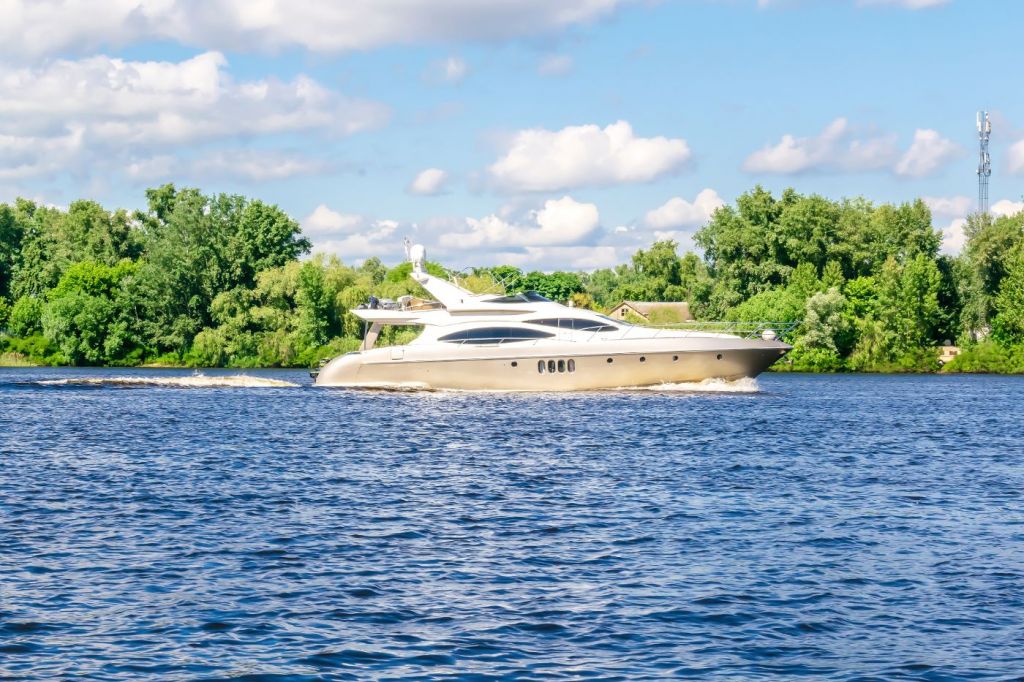
On this page:
Defining a Boat and a Yacht
A boat is a general term for various seafaring vessels, ranging from smaller personal watercraft to larger passenger crafts. Boats can be found in numerous shapes, sizes, and purposes, from fishing boats to speedboats. While there is no strict rule about the category a boat falls into, the term "boat" is commonly reserved for smaller vessels.
On the other hand, a yacht is considered a private pleasure ship, usually associated with luxury and leisure. Size is the most crucial factor when differentiating a boat from a yacht. Yachts are generally 40 feet or longer, although many people consider a boat to be a yacht when it reaches 80 feet in length. This distinction can vary between individuals and organizations, but it is widely accepted that yachts are larger than boats.
Though size is the primary factor in defining a yacht, other aspects play a role, including the vessel's purpose, design, and luxury amenities. The term "yacht" often implies a certain level of opulence, suggesting not just a boat for recreational purposes but also a symbol of status and wealth.
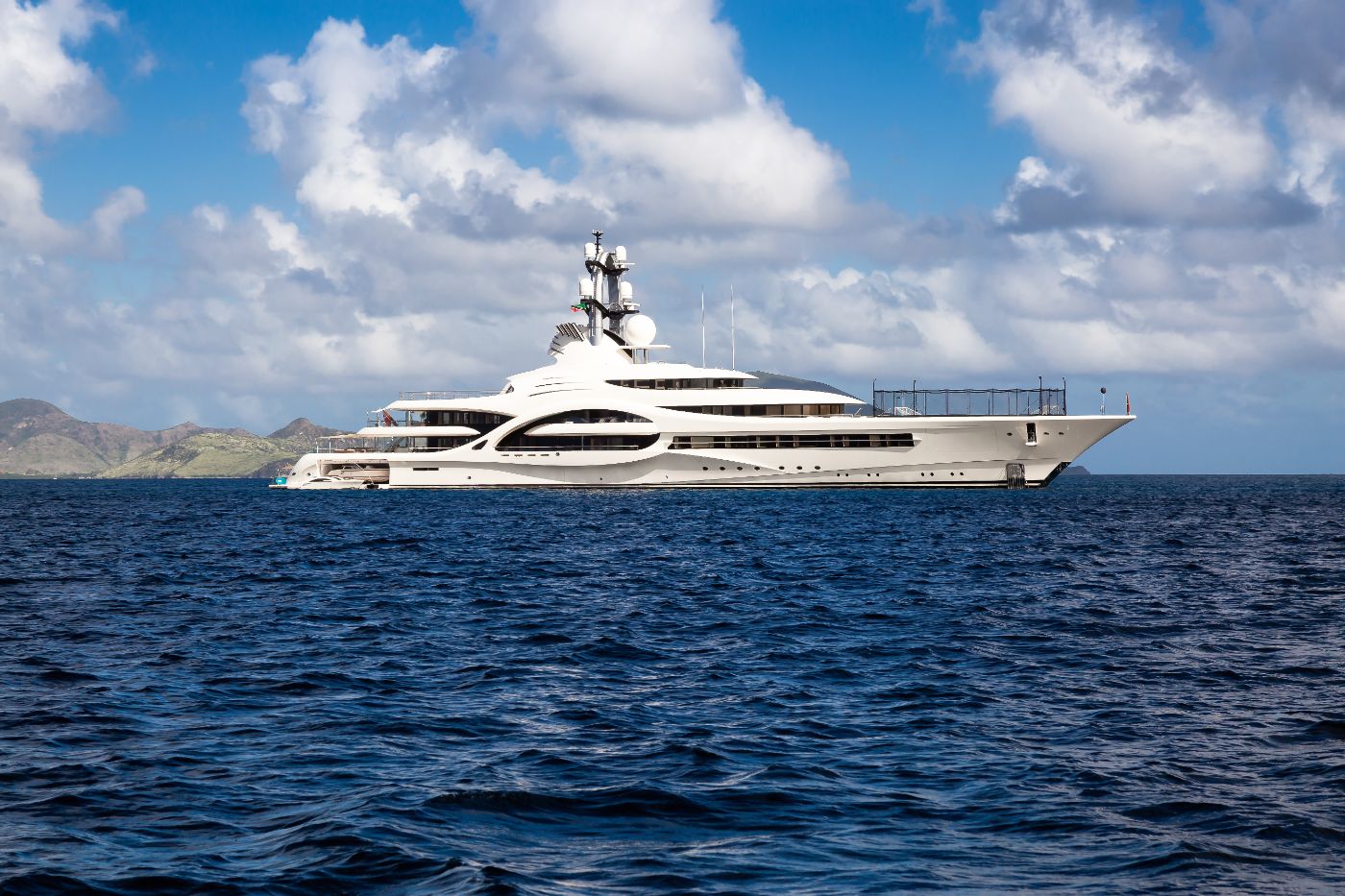
Does Size Matter in Classifying a Yacht?
When you think about yachts, you might imagine luxurious and enormous vessels with elegant features. But, does size really matter when it comes to classifying a boat as a yacht? Let's explore this question.
The maritime definition of a yacht states that it should be a private pleasure ship of at least 33 feet in length. However, it's more common to consider boats in the 35–40 foot range as yachts. This suggests that size indeed plays a critical role in classifying a vessel as a yacht. Below are some examples:
-
Under 40 feet: If your vessel is less than 40 feet, it's more likely to be classified as a boat rather than a yacht. The distinction usually becomes clear at around 33 feet, with yachts typically starting at this length.
-
40–100 feet: This range represents the sweet spot at which your vessel would undoubtedly be considered a yacht. As your boat approaches 100 feet, it might even start to qualify as a medium yacht.
-
Over 100 feet: Once your vessel exceeds 100 feet in length, it officially enters the territory of large yachts. These luxurious vessels are designed for extended periods of time on the water and often come with a full crew to cater to your every need.
If you're wondering what yacht size requires a crew, here's our article to answer that.
Here are a few examples of individuals and organizations that have a clear size point of what they consider a yacht. However, it's worth noting that there is no universal definition of what constitutes a yacht, and the specific size ranges can vary depending on who you ask.
-
The International Yacht Brokers Association (IYBA) defines a yacht as any watercraft over 40 feet in length.
-
The United States Coast Guard (USCG) defines a yacht as any pleasure vessel over 26 feet in length.
-
The European Union (EU) defines a yacht as any pleasure vessel over 24 meters (approximately 78 feet) in length.
-
The Monaco Yacht Show, one of the world's largest yacht shows, defines a yacht as any vessel over 30 meters (approximately 98 feet) in length.
-
The Superyacht Builders Association (SYBAss) defines a superyacht as any vessel over 24 meters (approximately 78 feet) in length.
-
The International Superyacht Society (ISS) defines a megayacht as any vessel over 50 meters (approximately 164 feet) in length.
The Impact of Length on Yacht Classification
In this section, we'll explore the different classifications of yachts based on their length. When it comes to yacht sizes, there are a wide range of options to meet your preferences and needs. We'll discuss the various features and characteristics you can expect from yachts in each category.
Small yachts (under 80 feet)
These yachts are perfect for day trips, weekend getaways, and shorter excursions. They may have basic amenities, such as small cabins and limited storage space, and are more affordable and easier to maneuver compared to larger yachts. Some popular types include sailboats, speed boats, and cabin cruisers. Generally, these watercraft are considered boats rather than yachts due to their size, but they can still offer a great time on the water.
Are you thinking of buying a yacht? Here's the real cost of a 50-foot yacht.
Medium yachts (80–100 feet)
This size range is where the term "yacht" comes into play, as boats over 80 feet in length are typically considered yachts. These yachts provide more space and amenities than small yachts, making them suitable for multi-day trips and accommodating more passengers. They may have larger cabins, full kitchens, and more luxurious amenities, making them suitable for longer cruises and accommodating more passengers. Examples include sport fishing vessels, sailing yachts, and motor yachts.
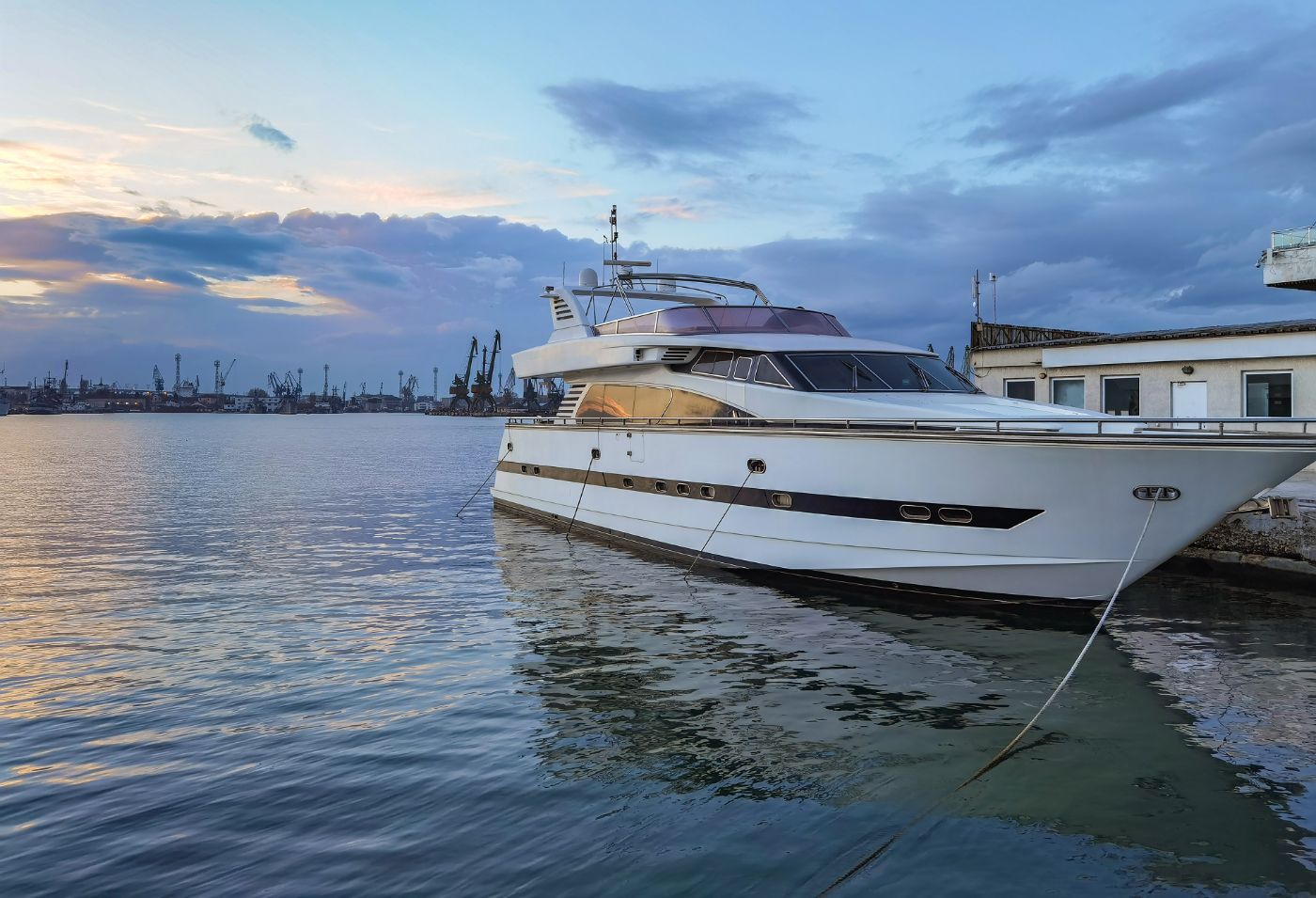
Large Yachts (100–200 feet)
Offering even more luxury and space, large yachts can accommodate numerous guests and host lavish events. With expansive living areas, multiple decks, and high-end amenities, these yachts are ideal for extended vacations or entertaining in style. Owners of yachts this size might opt for custom designs, full-time staff, and cutting-edge technology for added convenience and luxury.
Superyachts (200–300 feet)
At this size, yachts boast unrivaled opulence and grandeur, often featuring amenities like swimming pools, gyms, movie theaters, and helipads. Superyachts usually have a variety of water toys, such as jet skis, water skis, kayaks, and paddleboards, as well as tenders for shore excursions. These vessels typically require a professional crew and are designed for the ultimate luxury experience, accommodating extended stays and far-reaching destinations.
Have you ever wondered how long it takes to build a yacht? Here's our article on the process.
Megayachts (300–500 feet)
They offer unparalleled luxury, craftsmanship, and performance, with multiple decks and ample living space to accommodate a large number of passengers and crew members. Megayachts are equipped with advanced navigation and communication systems, as well as high-speed internet and entertainment systems. Many megayachts are custom-designed to meet the owner's specific preferences and needs, with unique features and finishes.
Gigayachts (over 500 feet)
The world of gigayachts awaits; these behemoths of the sea are reserved for the elite few who can afford them. They represent the pinnacle of engineering, design, and opulence. With lengths over 500 feet, gigayachts are capable of hosting more than 100 guests and crew members. They often feature amenities such as multiple dining rooms, gyms, spas, and theaters. In this league, the sky's the limit when it comes to onboard experiences and extravagance.
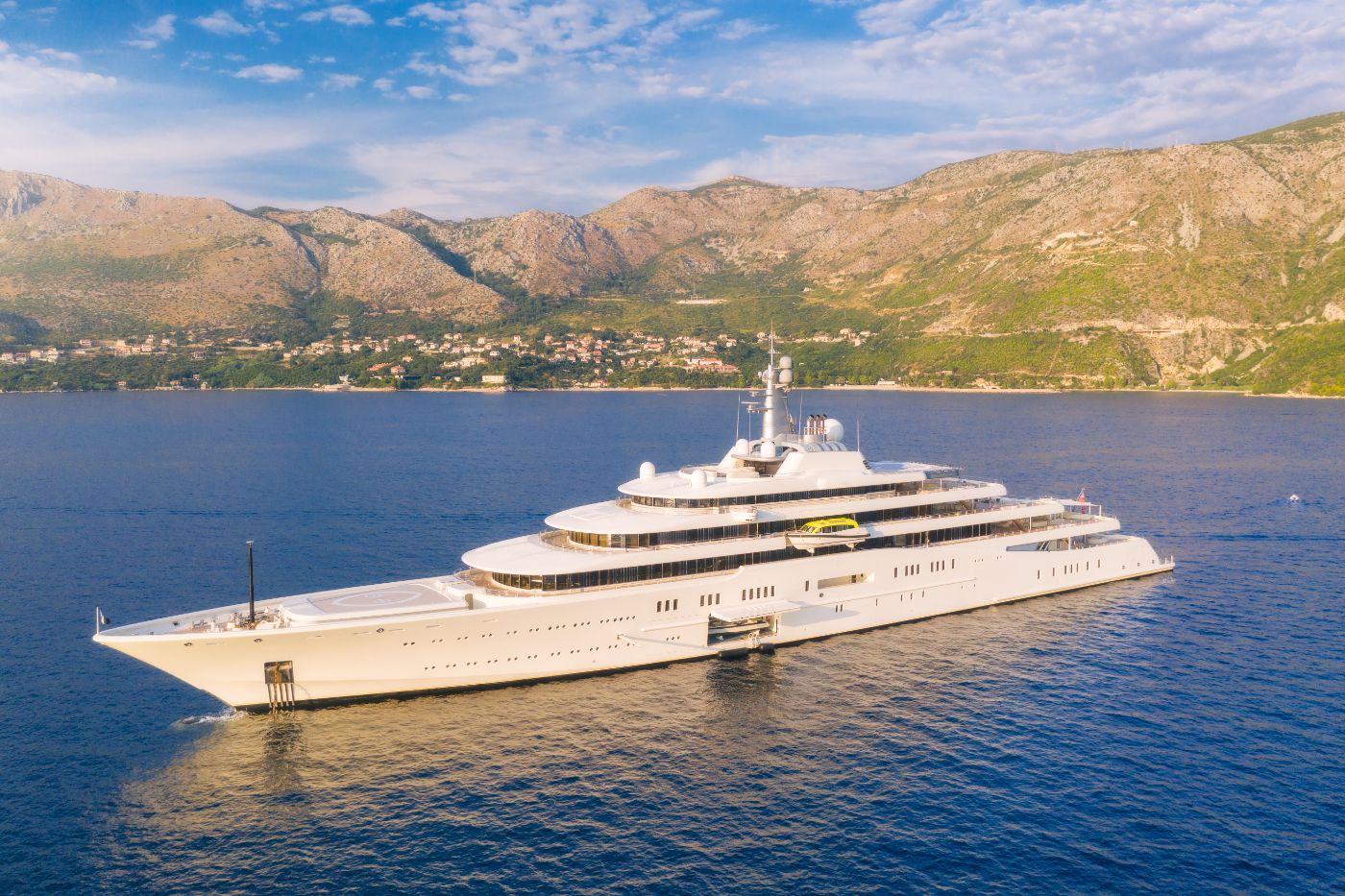
Other Factors Influencing Yacht Classification
Besides size, there are additional factors that influence a boat's classification as a yacht. In this section, we'll explore these aspects, including amenities, construction quality, and price range.
Amenities in a yacht
When defining a yacht, the amenities it offers can be just as important as its size. A yacht typically provides luxurious features you won't find on an ordinary boat, such as high-end decor, spacious living areas, and state-of-the-art technology. As you explore various vessels, take note of the amenities they provide, such as gourmet kitchens, spa-like bathrooms, and lavish owner's suites. These features contribute to a boat's classification as a yacht, making the experience truly luxurious and comfortable for you and your guests.
Construction quality of a yacht
Another factor that can distinguish a yacht from a regular boat is its construction quality. Yachts are typically built using advanced materials and superior craftsmanship, ensuring the vessel's longevity and performance. As you examine potential yachts, pay attention to the materials used, the hull design, and the engineering behind the vessel.
High-quality yachts are often built by renowned shipyards and feature exceptional engineering by well-known designers. This ensures your yacht not only looks fantastic, but performs just as well on the water.
Price range
Finally, the price range of a boat can be an indicator of whether it should be considered a yacht. Yachts generally fall within a higher price range compared to ordinary boats, due in part to their size, amenities, and construction quality. As you narrow down your options, remember that a higher price tag can signify a greater level of luxury and sophistication, which can help determine if a boat is truly a yacht.
Do you plan to buy a small yacht? Here's the cost of buying and owning one. Keep in mind, though, that the price of a yacht can vary depending on various factors, such as age, brand, and customization options. So, don't rely solely on the price to guide your decision when choosing the perfect yacht for you.
Did you find the answer to your specific question?
👍 0 👎 1
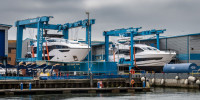
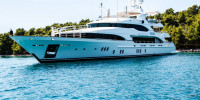


Leave a comment